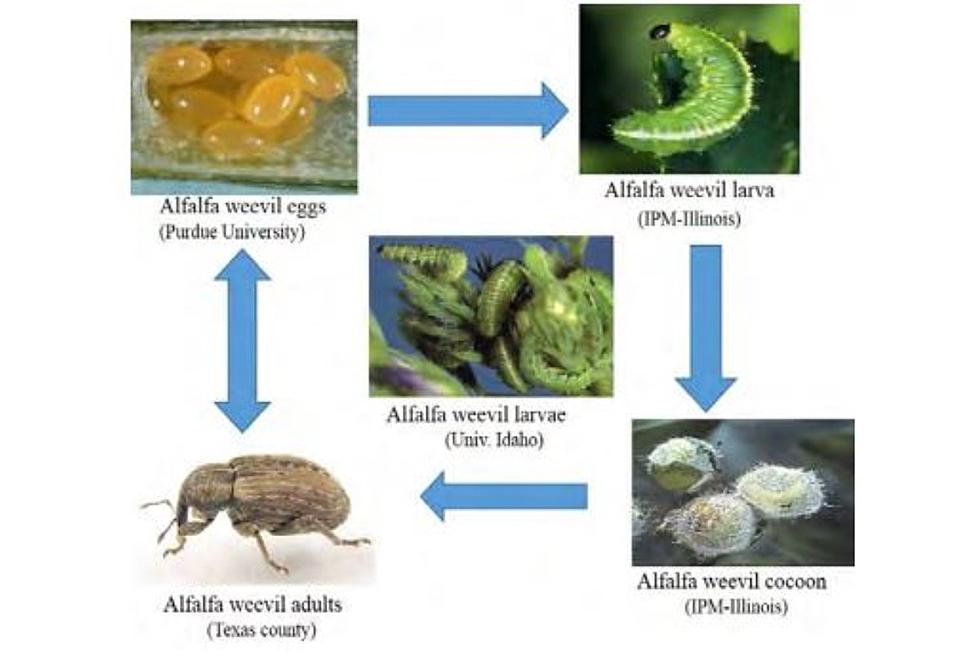
MSU Extension: Kinship Navigator Program Serves Caregivers Throughout the State.
BOZEMAN — A program based at Montana State University is providing resources for relatives raising children across the state of Montana.
The Montana Kinship Navigator Program at MSU offers kinship caregivers support, education and access to resources to assist them in raising the child or children in their care. The goal is to help caregivers live happier, healthier lives so that they can, in turn, raise children who know emotional and physical safety, excel in school and social situations and are prepared to take on life challenges successfully.
The program was founded in 2002 under the name Grandparents Raising Grandchildren. It became the Montana Kinship Navigator Program in 2018 after receiving federal funds for its work. The program is housed in MSU Extension and the MSU College of Education, Health and Human Development.
A kinship family is a family that has taken in a child that is not biologically their own, which could happen for a number of reasons, according to Brianna Routh, MSU Extension food and nutrition specialist and assistant professor in MSU’s Department of Food Systems, Nutrition and Kinesiology. Grandparents raising their grandchildren is one example of a common kinship family. Other kinship caregivers could be aunts, uncles or siblings of the child. In addition, someone who is not biologically related, but who has strong social and emotional connections to a child, may provide kinship care in Montana.
“Anybody beyond a parent who’s caring for a minor is eligible to use the resources this program provides,” she said. “In Montana, even a close family friend can be the caregiver of a child.”
Routh said there are an estimated 9,000 children in kinship care across the state, according to data provided by The Annie E. Casey Foundation. She noted that at any given time, the program is in contact with between 200 and 300 kinship caregivers. She said those figures mean that there are many more caregivers who could use the program’s resources.
“This is a small but mighty program,” Routh said. “It has a lot of potential for making huge impacts.”
Kinship families may face many challenges, said Dan Koltz, assistant professor in the Department of Human Development and Community Health. Navigating the legal aspects of custody issues is one of the most common issues he sees kinship families go through in Montana.
“Until you go through a formal adoption process, you don’t have a lot of legal rights as a caregiver,” Koltz said.
Economic challenges are also common for kinship families, he said.
“Kinship caregivers may have to consider whether to put money toward rent and utilities, groceries or new school supplies,” Koltz said. “We’re really seeing high levels of economic challenges, including a growing need for food security.”
Even knowing what resources are out there or what kinship caregivers may themselves need can be difficult, Routh said.
“Often, kinship caregiving is an unexpected, surprising situation,” Routh said. “Kinship caregivers might not have had to use some of these services before, so they may not be familiar with how a certain resource works. It’s hard to know what you don’t know in this situation.”
The Montana Kinship Navigator Program supports kinship families in a variety of ways, including peer support groups in seven Montana communities; case management services; and general information and resources for caregivers about topics such as navigating legal issues, enrolling children in school and options around discipline. The program also provides financial help in some circumstances for needs such as groceries, car repairs and heating bills. It also helps connect children and kinship caregivers with other resources, such as mental health services and legal services. According to their needs, kinship families may access some or all of the services.
Routh said that case management is a more recent addition to the program. Being able to have a case manager connect families with resources related to food, clothing and legal services has the potential to make a significant difference, Routh said.
“When we can take some of that burden off caregivers, we think we’re going to get better outcomes,” she said.
Another recent addition to the Montana Kinship Navigator Program is a comfort case program, where every child is given a comfort case backpack. The pack comes with a stuffed animal, school supplies, a T-shirt, pajamas and more.
“We know that when children are moving from a household to kinship caregiving, they often don’t have a suitcase or backpack of their own,” Koltz said. “We want to provide them a backpack so that they have something that is their own to put their personal belongings in.”
Funding for the Montana Kinship Navigator Program comes from the Montana Department of Public Health and Human Services, which applies for federal funding in cooperation with the program under the Families First Prevention Services Act. The program is also partnering with a similar program in Wyoming to conduct a study of services provided in order to meet the evidence-based standards the allocation requires. Additional funding comes from the Brookdale Foundation, which works to enhance the quality of life of America’s elderly. Additional support is provided by MSU Extension.
The work of the Montana Kinship Navigator Program is important because the children and their kinship families the program serves are the current and next generation of Montanans, Routh said.
“If we don’t support them and care for and care about their well-being, then we’re only hurting ourselves,” Routh said.
“I see the benefits that when a caregiver is healthy, the child they’re caring for is better off because of that,” Koltz said.
Questions about the Montana Kinship Navigator Program may be asked by emailing mtknp@montana.edu.
- by Anne Cantrell, MSU News Service -
More From K96 FM









